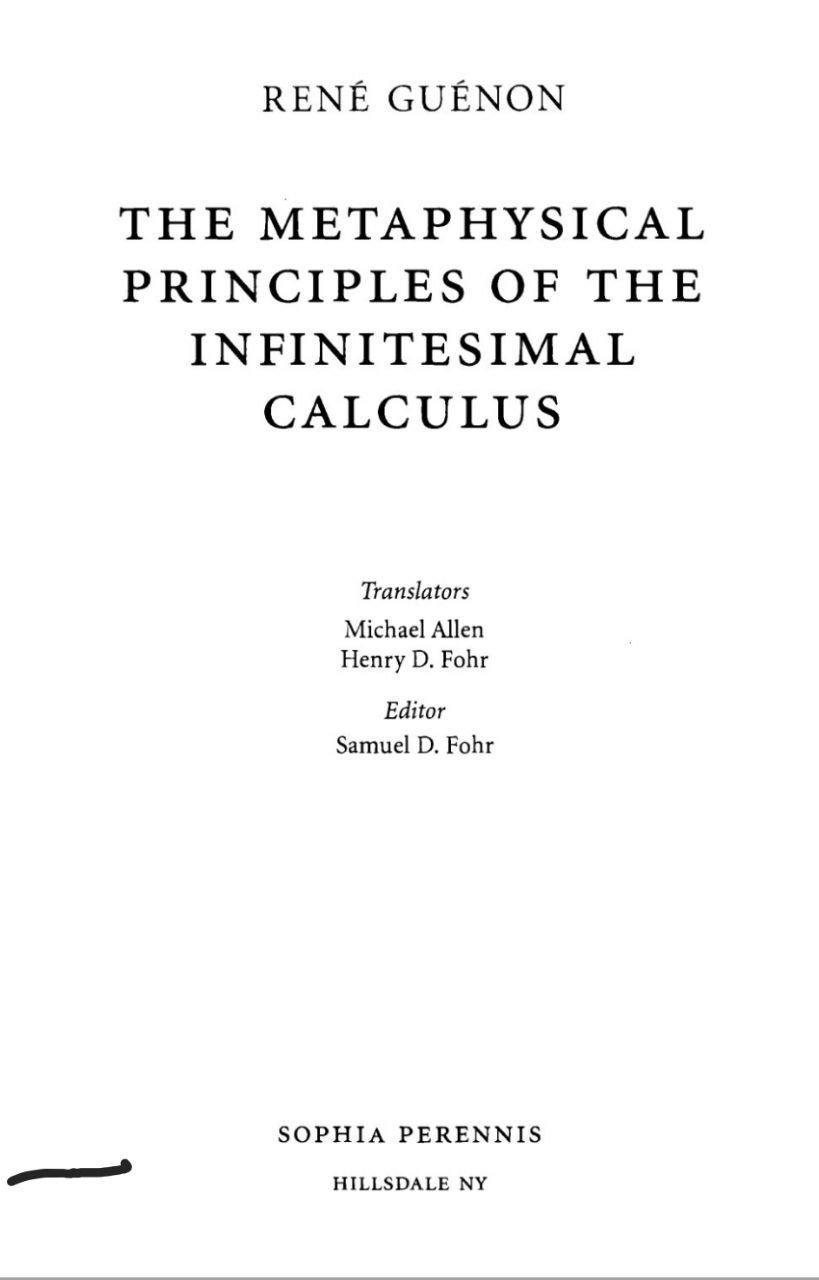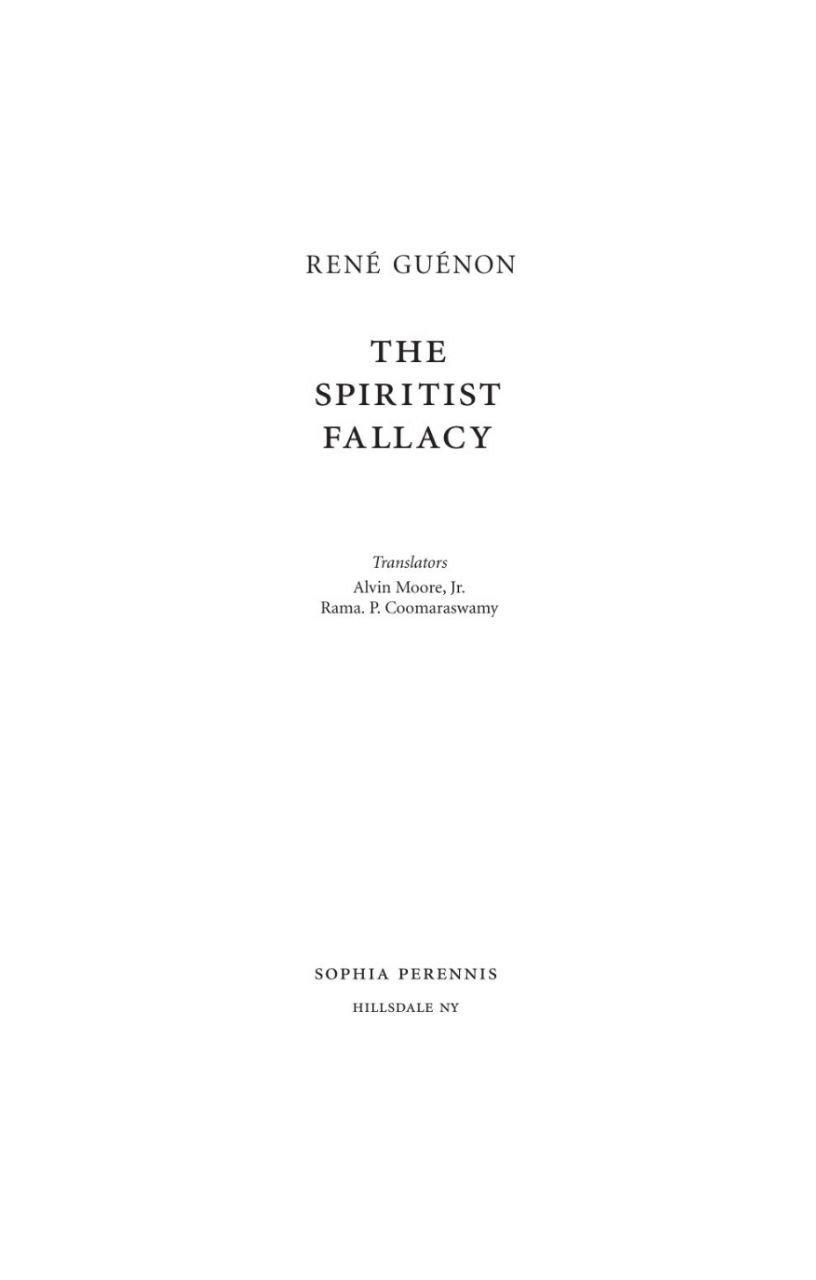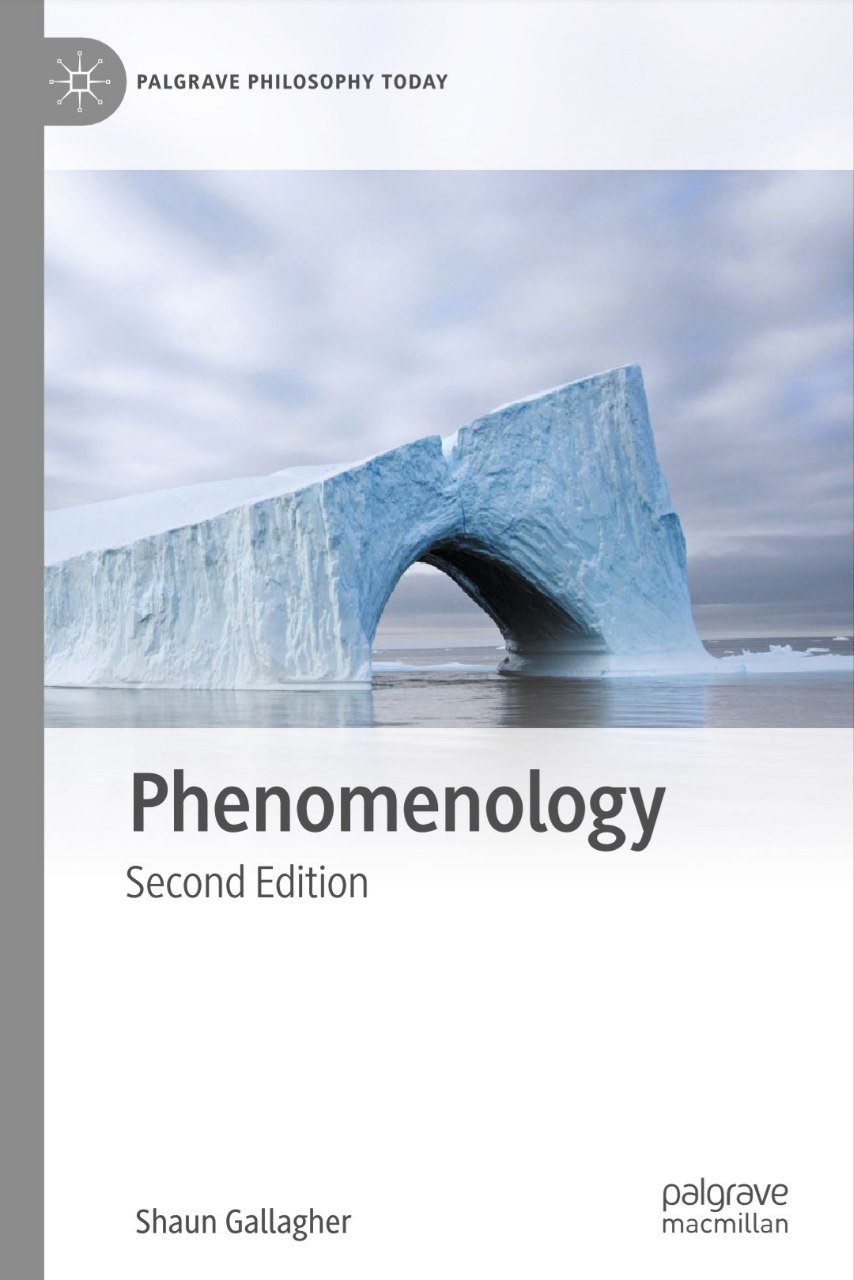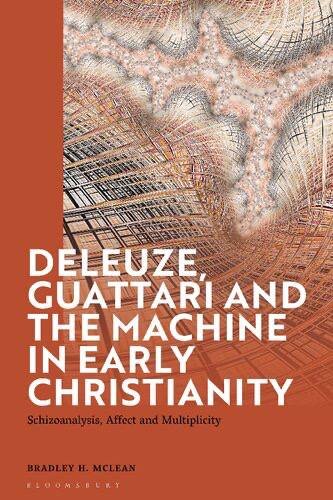
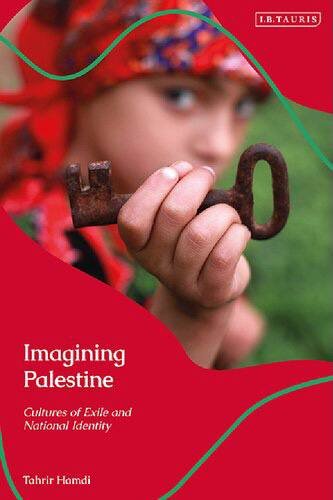
Imagining Palestine: Cultures of Exile and National Identity
Reviews
No review yet. Be the first to review this book!
Description
Imagining Palestine: Cultures of Exile and National Identity by Tahrir Hamdi is a compelling exploration of how Palestinian identity, memory, and resistance are shaped by the experience of exile, occupation, and dispossession. The book delves into the role of literature, poetry, and cultural production in constructing and sustaining a sense of Palestinian nationhood despite ongoing displacement. Hamdi examines how Palestinian writers, poets, and artists have depicted exile and resistance, engaging with themes of longing, belonging, and the struggle for self-determination. She highlights the works of Mahmoud Darwish, Edward Said, Ghassan Kanafani, and other influential voices, showing how their narratives challenge dominant colonial discourses and assert Palestinian agency. A key argument in the book is that exile is not merely a physical displacement but also a psychological and cultural condition that profoundly influences Palestinian identity. Through an analysis of literature and cultural texts, Hamdi illustrates how Palestinians continue to imagine and reimagine their homeland, even in the face of erasure and marginalization. The book also addresses the intersections of memory, trauma, and resistance, arguing that cultural expressions of exile function as acts of defiance against the forces of occupation and historical amnesia. Hamdi’s scholarship situates Palestine within broader postcolonial and anti-colonial struggles, drawing connections to other indigenous and displaced communities worldwide. Imagining Palestine is an essential read for those interested in Palestinian studies, postcolonial theory, Middle Eastern literature, and cultural resistance. It offers a powerful analysis of how literature and art serve as vital tools in the ongoing fight for justice, identity, and national liberation.



























.jpg)
.jpeg)




.jpeg)




.jpg)
.jpeg)







.jpg)

.jpg)






.jpg)
.jpg)





.jpeg)

.jpeg)









.png)





.jpg)
.jpg)













